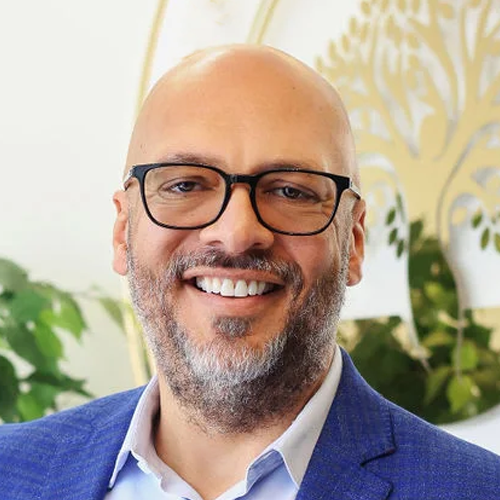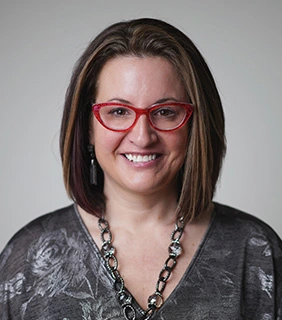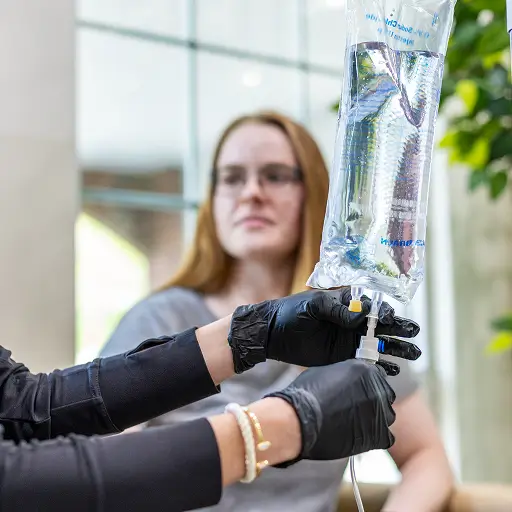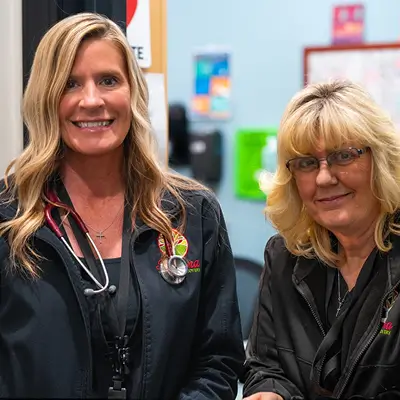
Indiana Center for Recovery offers more treatment options than any other provider in the state. The depth of treatments allows for precision. Each program is built around your unique situation, not a one-size-fits-all model.



Mental health and addiction are deeply connected, but require specialized approaches.

For people struggling with alcohol or drugs (including opioids) — whether it’s daily use, bingeing, or long-term dependency.

For people facing anxiety, depression, trauma, or mood instability that’s affecting daily life.

Inpatient care removes outside pressure and distractions, giving you the time, space, and support to stabilize. Most people don’t “want” to go inpatient — but facing the problem now with real support is often far better than continuing to struggle with no or not enough support.
For people who need to safely stop using drugs or alcohol — especially substances with dangerous and intense withdrawal symptoms like alcohol, benzos, or opioids.
For people in active mental health crisis — like suicidal thoughts, psychosis, or severe panic — who need immediate psychiatric stabilization in a safe environment.
For people who don’t want or need a hospital setting but still need full-time support to focus on getting well.
Outpatient care offers structure and support while still allowing for real-life responsibilities like work, school, or parenting.
PHP involves five days a week of treatment during the daytime, while living at home or a sober living house. It’s the most equal balance of strong support and real-life freedom. PHP is ideal after inpatient treatment or during periods of high emotional or relapse risk.
IOP involves three days a week of treatment for three hours at a time, while continuing to live at home or in a sober living house. It offers solid therapeutic support with flexibility for work, school, or family life. IOP is ideal after PHP or for those needing structured help while maintaining all real-world responsibilities.
OP involves one to two treatment sessions per week, either in person or online. It’s what most people think of as “standard” therapy and requires the least commitment of any treatment program. OP is ideal after completing higher levels of care or for those already in recovery wanting continued guidance.
For teens ages 12–17 with mental health concerns, substance use, or both — needing a safe, structured residential setting that isn’t a hospital.
For Veterans experiencing PTSD, depression, chronic pain, or substance use — and needing care that respects military culture and coordinates with VA benefits.
For loved ones of someone in treatment who need clear information, a role in the process, and practical skills for life during and after care.
Indiana Center for Recovery’s helpline counselors listen to your unique situation and answer any questions about our treatment options.
We know addiction on both a professional and personal level. See for yourself how encouraging it is to finally be heard and seen!




Error: Contact form not found.